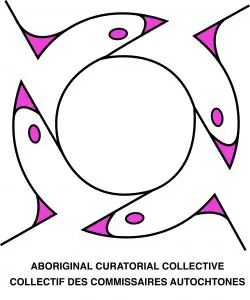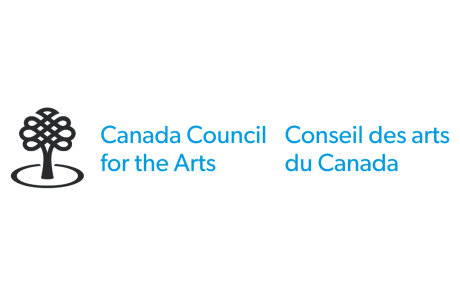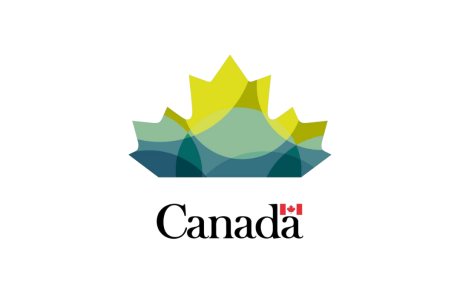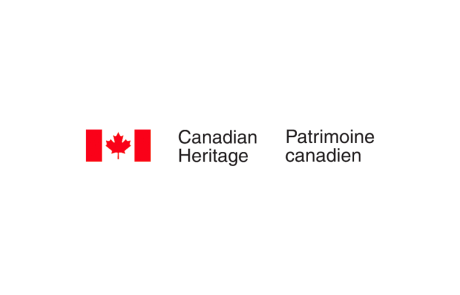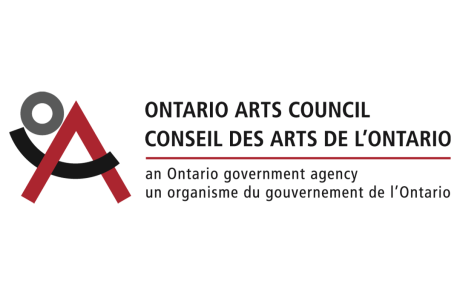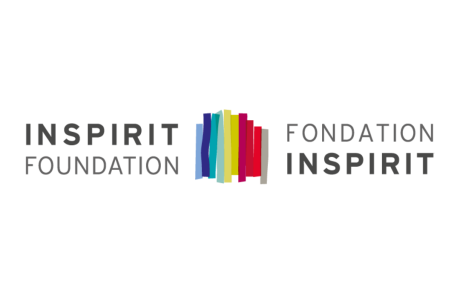Our History
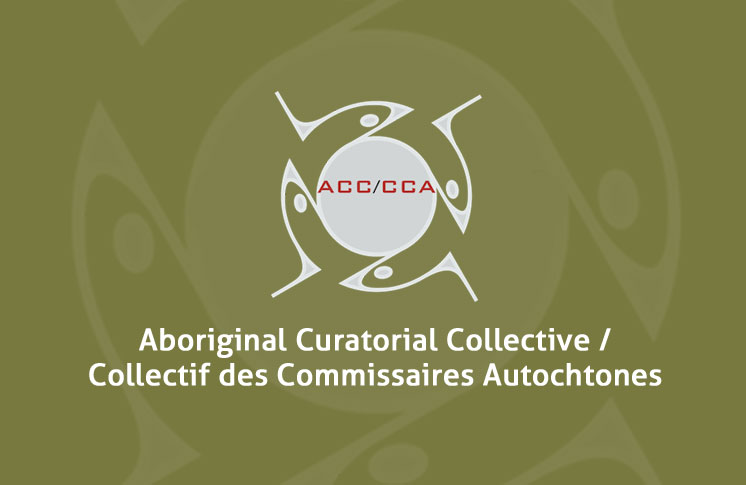
Get to know the ICCA
In the summer of 2005, a group of Indigenous curators came together to develop a long-term strategy in order to better support a community of current and future Indigenous curators. Barry Ace, Ahasiw Maskegon-Iskwew, Ron Noganosh, Ryan Rice, and Cathy Mattes were key members who brought forward the idea of creating a collective of Indigenous curators and to create moments to have conversations about the state of Indigenous curatorial practice in Canada. The Aboriginal Curatorial Collective / Collectif des commissaires autochtones (ACC-CCA) was launched as a response to the authority afforded to the non-Indigenous curatorial and academic community within the discipline of Indigenous arts in Canada. “A Proposal for a Framework for Action” is a document that was created in order to provide long-term strategic support for the Indigenous curatorial community and to point to the need to have a roundtable discussion to point to crucial issues faced by Indigenous curators at that time. When it was published on 15 April 2005, it was widely acknowledged that there were only ten Indigenous curators indeterminately employed by art institutions in Canada. Moreover, the two predominant suggestions they had moving forward were that there was an urgent need for Indigenous curators to have writing/ publishing opportunities and also that there needed to be more moments created for Indigenous curators to meet and network. The ACC-CCA was officially incorporated in 2006 as an Indigenous non-profit organization.
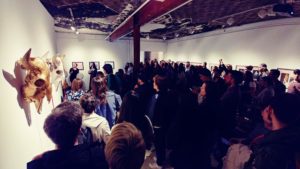
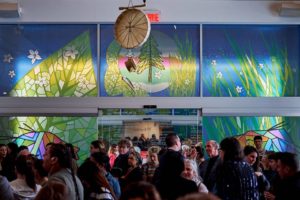
Since this time, the ACC-CCA has engaged in a variety of artistic and cultural activities, programming discursive gatherings, festivals and facilitating many opportunities for Indigenous curators and artists. Our primary focus has broadly been the creation of opportunities as well as establishing new frameworks for cultural workers to engage the institutions of Canada along with supporting spaces for artistic agency. The collectivity of the ACC-CCA presents itself as part of our growing membership, but the organization itself functions as an Indigenous run and led non-profit organization that aims to support and connect Indigenous curators.
The ACC-CCA’s programming has focused on making connections on the ground and establishing communication networks across Canada. During 2015–2017 the ACC-CCA conducted many initiatives that presented artistic and cultural activities to the public, transferring knowledge between Indigenous arts professionals and encouraging critical discourse. Several provincial-level initiatives have begun and continue to move forward. This Land, Ontario started as an exploration of regional partnerships within the province of Ontario to establish connections between the communities of Toronto, North Bay, Peterborough and Ottawa. This exploration took shape as panel discussions, performances, artist talks and Gathering Circles from 2016 into 2017 leading to new initiatives moving forward. The ACC-CCA has always had its base of operations within Ontario and felt that making ongoing regional connections was vital to solidifying long-term provincial relationships. Further to this, the ACC-CCA has created multiple opportunities for Indigenous curators and artists to have writing published across multiple platforms and it has facilitated biennial gatherings that bring together both Indigenous and non- Indigenous curators to present their research and projects as well as network to broaden their circles.
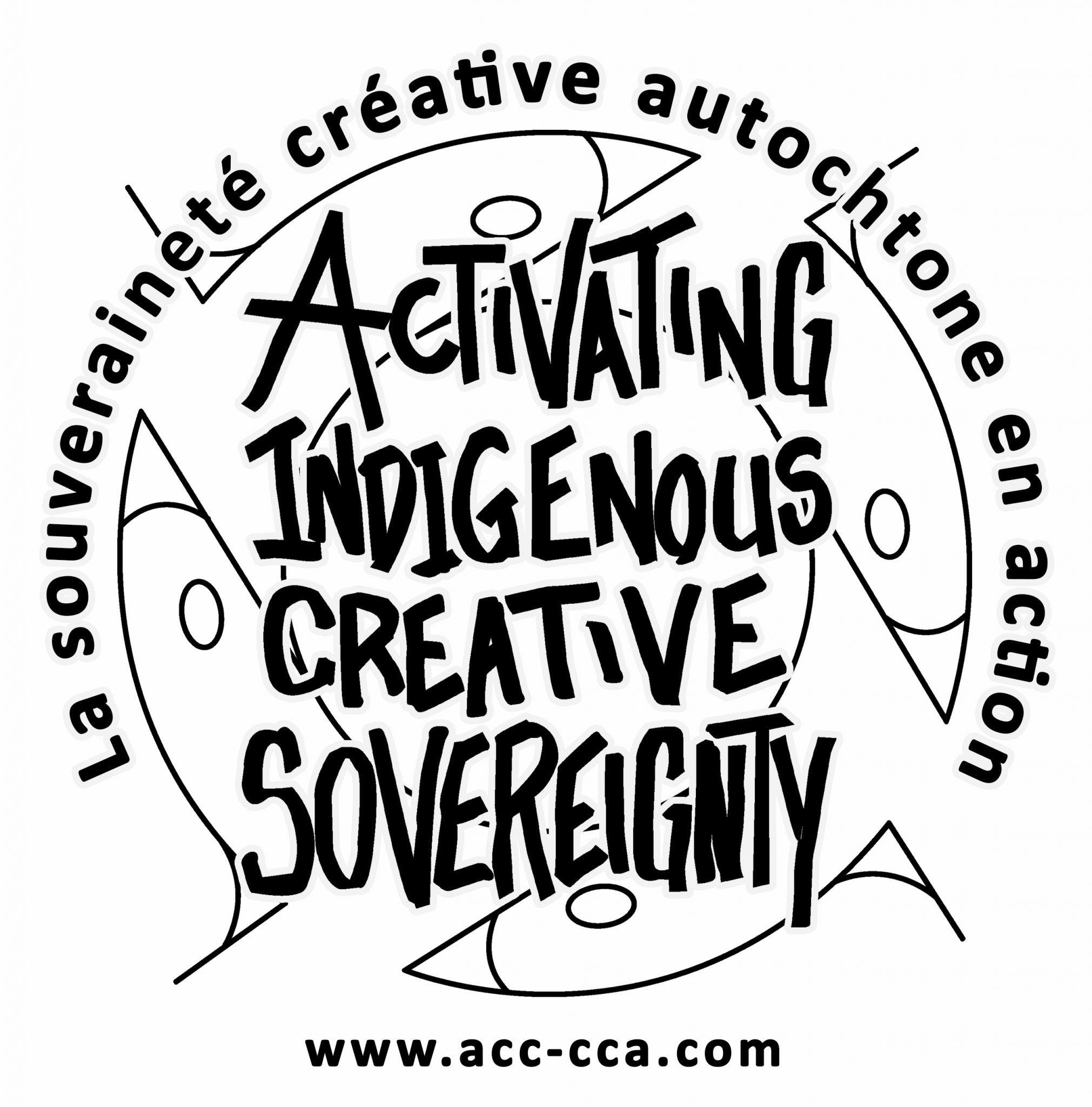
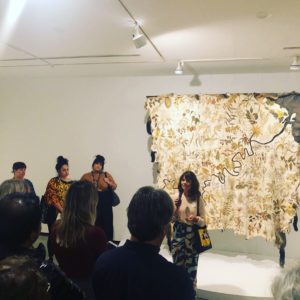
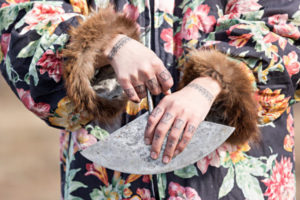
Issues within the arts ecology of Montréal and Québec were brought to the ACC- CCA’s attention. Over the past two years, ACC-CCA representatives have been reviewing and evaluating the Montréal art scene looking for areas that can be addressed and where Indigenous space can be claimed. In May 2017, ACC-CCA representatives attended the Provincial Summit for Indigenous Artists hosted by Ondinnok in Montréal. This event raised awareness of the major disparities within Québec culture and the lack of awareness of and sensitivity to Indigenous issues. In response to the issues in Québec, the ACC-CCA has undertaken the Tiohtiá:ke [joh-ja-ghay] project. The title, Tiohtiá:ke, is the Kanien’ké:ha (Mohawk) name for the City of Montréal, which translates as “where nations divide”. This project is a two-year series of activations within Montréal to establish best practices through action.
Within the Tiohtiá:ke project’s scope, the ACC-CCA met with many galleries and organizations across Montréal to discuss Indigenous art in Quebec. These discussions led to the creation of an Advisory Committee for the Tiohtià:ke Project, formed of four Indigenous artists and curators. The ACC-CCA entered into partnership with BACA (Biennale d’art contemporain autochtone – Contemporary Native Art Biennial) to hire Niki Little and Becca Taylor as co-curators for the 4th edition of BACA (2018) through a 8-month residency in Tiohtiá:ke. The co- curators brought together the artistic production of forty Indigenous women- identified, whether they identify as female, non-binary, queer or two-spirit from many communities across Turtle Island under the title nichiwamiskwém | nimidet | my sister | ma sœur in five locations: Art Mûr, Stewart Hall Art Gallery, La Guilde 1906, Musée des beaux-arts de Sherbrooke and Musée McCord.
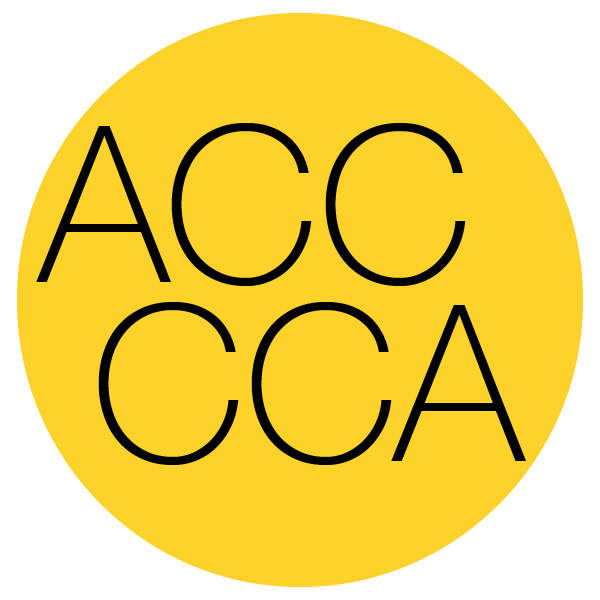
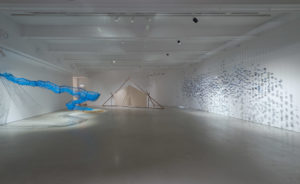
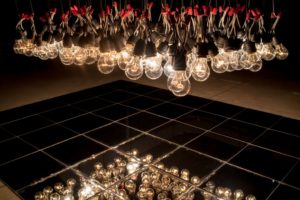
Also as part of the first year of activities within the Tiohtià:ke Project, a delegation of five established and emerging Indigenous curators from across Canada was invited to travel in Quebec in June 2018. The delegation traveled to Montreal, Quebec City, and four Indigenous communities where they met with 24 Indigenous artists. The delegation shared and exchanged curatorial methodologies and strategies with the people they met in galleries and museums and through this, the project established a framework to develop gatherings more widely to connect Indigenous curators and artists living in rural communities across the country.
In 2018, the ACC-CCA received its first operating grant from the Canada Council, substantially increasing the organization’s capacity and aiding in the hiring of key staff positions to implement the recently approved strategic plan, which will see the ACC-CCA grow substantially. Since the first conversations in 2005, the ACC- CCA has consistently grown and shifted, but has always and will always work to support Indigenous curators by meeting communities where they are and providing moments for people to come together to discuss an ever changing landscape of Indigenous curatorial practices.
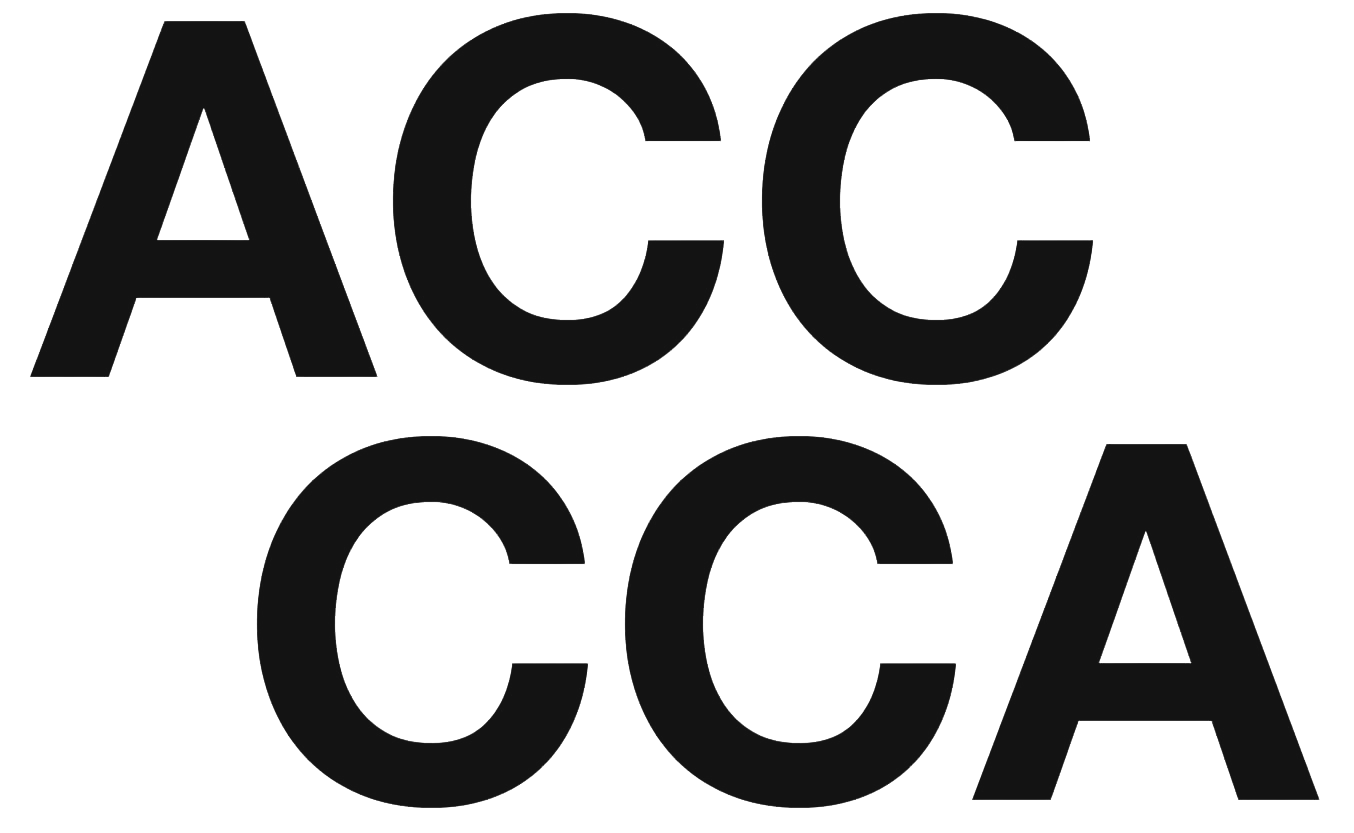

In year of 2020 the The Aboriginal Curatorial Collective / Collectif des commissaires autochtones (ACC-CCA) rebranded into the Indigenous Curatorial Collective / Collectif des commissaires autochtones (ICCA). We launched the Name Change questionnaire for members and the public on July 30th, 2020, resulting in 86% favouring a change with 60% favouring Indigenous Curatorial Collective / Collectif des commissaires autochtones. Effective October 29th, 2020, the organization amended it’s name to Indigenous Curatorial Collective / Collectif des commissaires autochtones and began implementation of a new visual identity designed in a way that is distinctive to our style and message. That same year, in response to the COVID-19 pandemic, ICCA launched the Community Cares initiative to distribute emergency funding directly to Indigenous artists and curators. This effort reflected our commitment to care-based practices and supporting our community through times of crisis.
Following this, the ICCA responded to the COVID-19 pandemic by initiating the “Curating Care” project, offering direct support to community members and establishing a video archive of Indigenous knowledge. From 2021 to 2024, the Collective underwent significant internal development and welcomed new leadership. This period saw a renewed visual identity, website redesign, and office relocation, alongside substantial growth in membership and the introduction of new programs to support arts workers. Key programming included a microgrant initiative that distributed funds to numerous applicants, the successful delivery of the Delegations program, Digital Publications, Digital Archive, and Curatorial Mentorship initiative. The Collective continues to offer its esteemed Gatherings, which remain a cornerstone of the ICCA’s work and a starting point for its initiatives, all while working towards a new strategic plan and fostering flourishing partnerships, expanding its reach and support for Indigenous arts workers across Canada.


